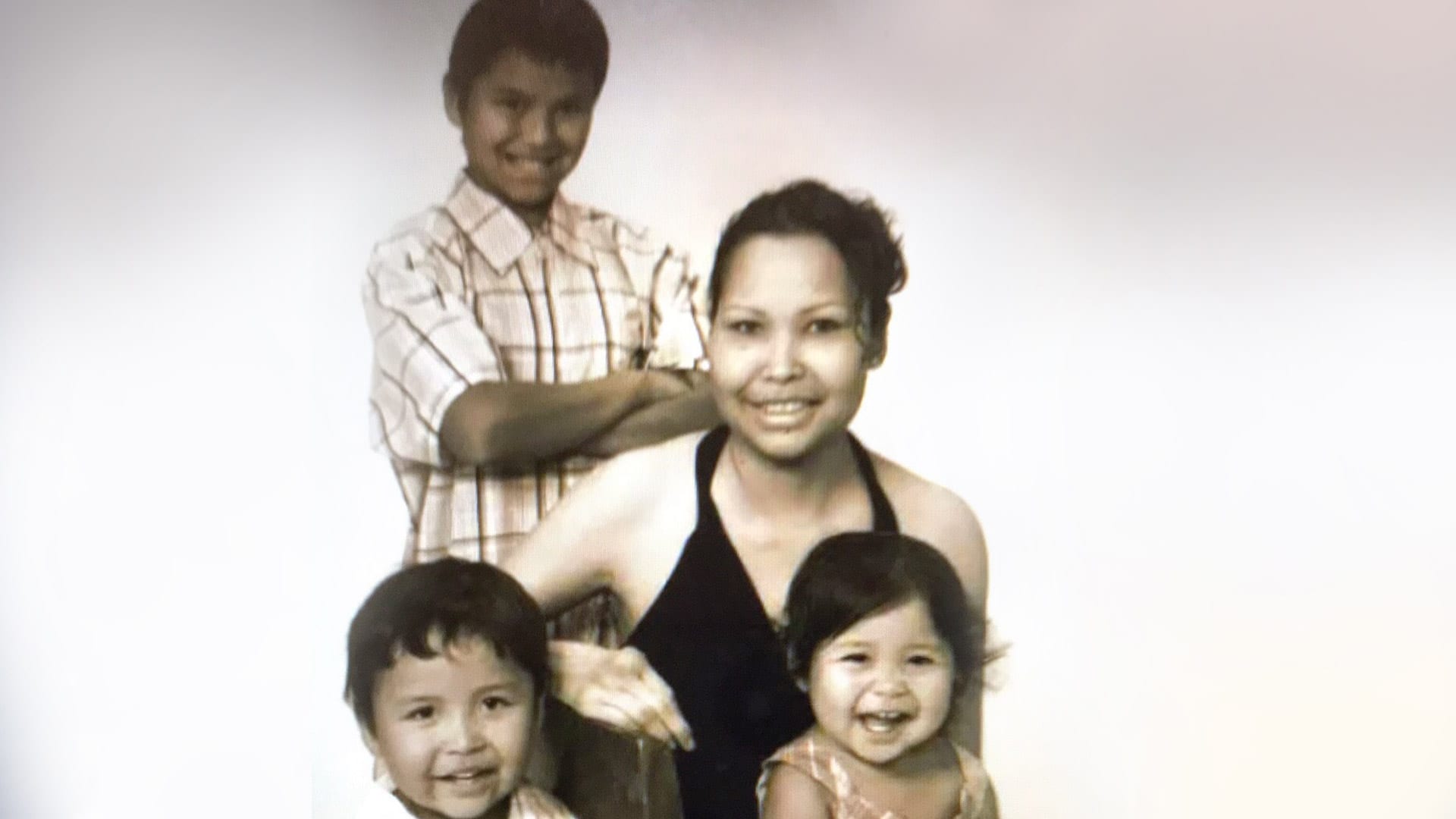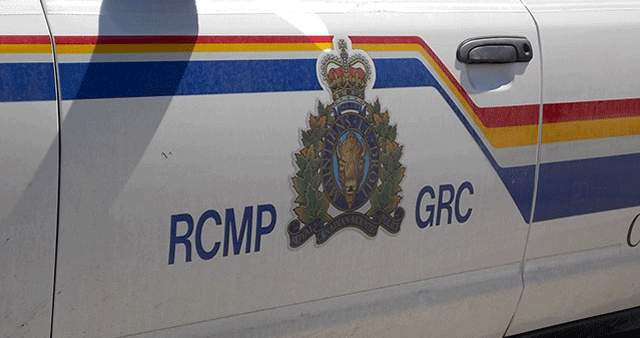
Chad George was found unresponsive in his cell at the Prince George Regional Correctional Centre.
A Carrier-Sekani mother is mourning the unexplained death of her 23-year-old son in the Prince George Regional Correctional Centre.
Natasha George said Chad George was found in his jail cell on Oct. 3.
“He was just a young man and there’s no way I should have been burying my son,” she said in a telephone interview.
Natasha said Chad was picked up by Prince George RCMP on Oct. 1 for missing a court date. Three days later he was dead.
“Now, I’m just trying to find answers,” she said.
READ MORE:
Natasha is awaiting a copy of the autopsy report and the results of an investigation by the BC Coroners Service.
The jail is also looking into what happened.
“Any death in custody is a tragedy and our thoughts are with this individual’s family and friends at this time,” said Hope Latham, a spokesperson for the Ministry of Public Safety and Solicitor General, in a statement.
“BC Corrections is investigating and will complete a review of the circumstances. Privacy restrictions prevent the release of additional details regarding this matter.”
The Independent Investigations Office (IIO) of BC, which monitors police interaction with the public, already wrapped up its probe.

On its website, the IIO said it reviewed video and medical evidence to conclude “the death of the man is not the result of the actions or inaction of any officer.”
It said Chad, who Natasha described as homeless and living in downtown Prince George, was arrested on Oct. 1 at 9:10 a.m. and taken to the RCMP detachment.
“Video evidence shows the man moving around without issue while in RCMP custody,” the IIO release said. “At no time is any force used against the man.”
Later that same day, the IIO said George was taken to court before being transferred to Prince George Regional Correctional Centre (PGRCC) by BC sheriffs.
“Two days later, on October 3, the man was found deceased in his cell at PGRCC. Post-mortem information confirms that there is no evidence of injury or trauma contributing to his death.”
READ MORE:
Family releases police video of Clayton Willey’s violent last hours
Natasha, a member of the Takla First Nation, doesn’t know what happened to Chad. But she is concerned that his is the fourth in-custody death in the northern B.C. city since 2003.
The other three occurred following interactions with Prince George RCMP. Those men were:
- Clayton Willey, who died in 2003 after being arrested behind a shopping mall. Detachment video, which was withheld from the public for nearly a decade, shows Willey hog tied, dragged along the hallway, banged against the elevator, and eventually Tasered by two officers. He died hours later in hospital.
- Dale Culver, who died in July 2017 after being pepper sprayed in a struggle with members of the Prince George RCMP before collapsing.
- And Everett Patrick, who died in hospital in April 2019 after being taken into custody by Prince George RCMP on suspicion of breaking into a downtown business. He went into medical distress while in the detachment’s cells.

“I don’t know if anything bad happened (to Chad) at the RCMP detachment,” added Natasha.
“I was told that as a Native woman I should do my own separate investigation to find answers. Because some of these places are not to be trusted.”
Terry Teegee, also from the Takla Nation, is the B.C. regional chief for the Assembly of First Nations. He suggested racism was at the root of the men’s arrests and subsequent deaths.
“A lot of our Indigenous people are in jails and profiled…,” he said in a telephone interview Wednesday.
“How our Indigenous people are envisioned, for lack of a better term, it’s very racist stereotypes.”
READ MORE:
Family of Dale Culver says ‘he should never have died’ at the hands of the RCMP
The IIO has recommended use of force and obstruction charges against five Mounties in the Culver case and investigating Patrick’s death.
Meanwhile, Willey’s family is suing the RCMP.
The deaths are part of a colonial and discriminatory system, Teegee added.
“Some of the policies that police and justice use…is why we have so many Indigenous people in jail.”
Teegee said the AFN is lobbying the Trudeau government to develop a national strategy to reduce police-involved deaths and injuries against Indigenous peoples.
“The story is far too often played out in here in British Columbia, but also other areas of the country and with other police jurisdictions,” Teegee said.










